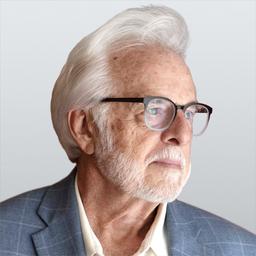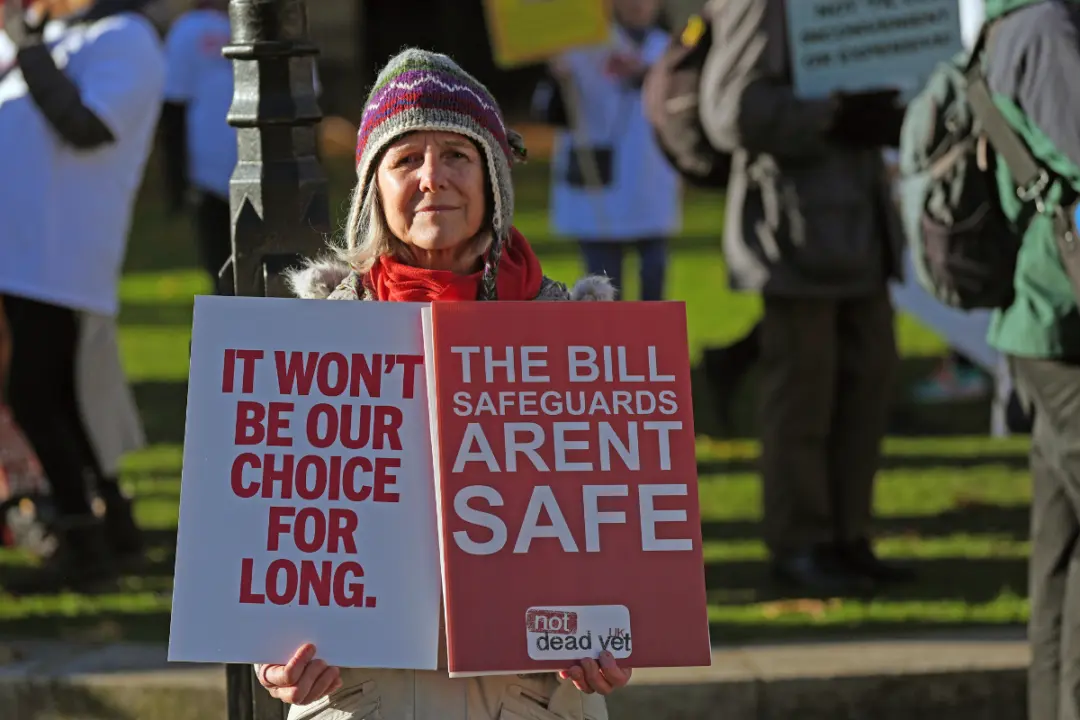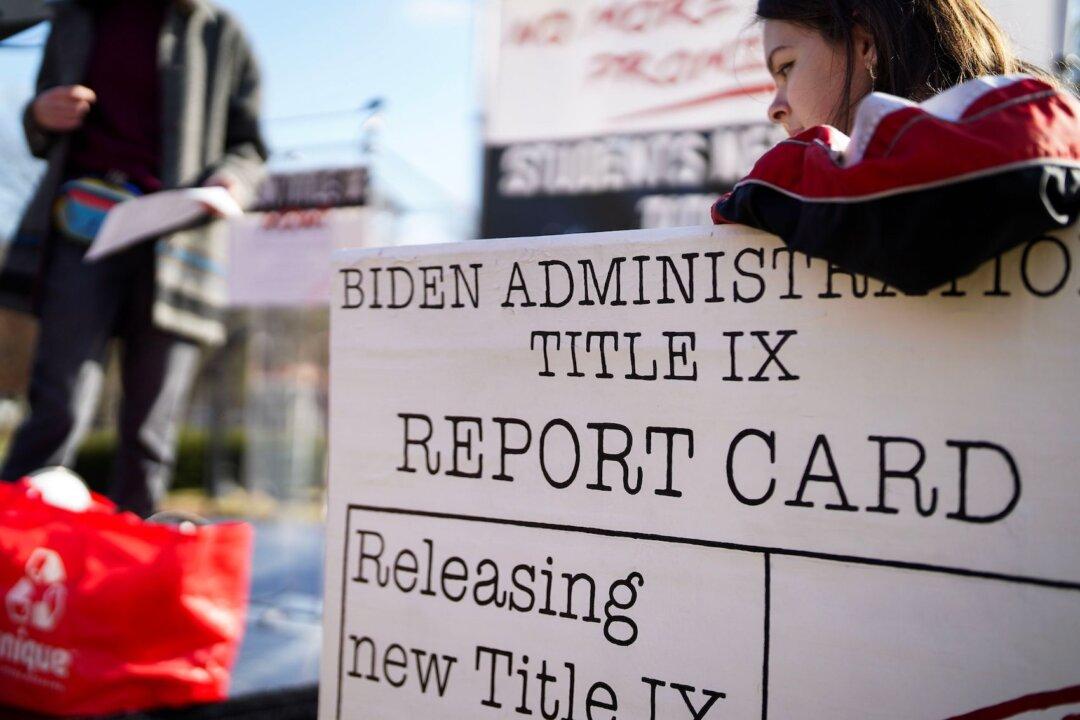Commentary
If it were up to the doctors, Tinslee Lewis would have been in her grave before the age of 1. Instead, in a legal and advocacy triumph affirming the proper relationship between patient/family and doctors, the intrinsic equal dignity of the seriously ill—as well as a testament to the power of a mother’s love—the now 3-year-old Tinslee has gone home, still ill but very much alive.





